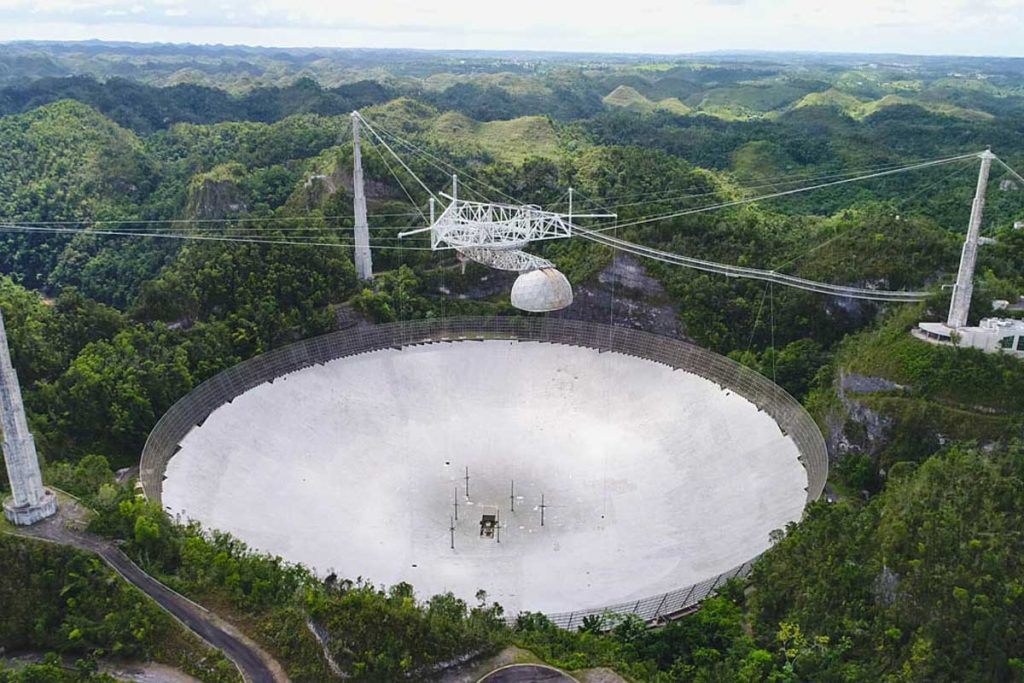
Sometimes science gives, and sometimes reality takes.
In our next story, once again radio-related, we have bad news from Arecibo National Observatory. This massive dish, built in Puerto Rico, had another support cable fail.
As we reported in an earlier episode on August 13, an auxiliary cable failed, and in the process damaged an instrument and several panels in the dish. While the damage was minimal, repairs have been slowed by COVID and other issues such as hurricane season. Since those repairs remain incomplete, the other cables in the system have carried a larger load than normal, and one of the main cables simply failed on Friday. Ironically, repairs on this initial damage were scheduled to start this week.
According to observatory director Francisco Cordova: We have been thoughtful in our evaluation and prioritized safety in planning for repairs that were supposed to begin Tuesday. Now this. There is much uncertainty until we can stabilize the structure. It has our full attention. We are evaluating the situation with our experts and hope to have more to share soon.
Arecibo is managed by the University of Central Florida (UCF), who said in a released statement that: The team hopes to be able to reduce the tension in the existing cables at the tower and install steel reinforcements to temporarily alleviate some of the additional load that is being distributed among the remaining cables. Experts are being mobilized to do the work as quickly as possible. The team will attempt to expedite the arrival of two new cables that were already on order.
Repairs aren’t cheap, and their current funding doesn’t cover these needs. UCF has already requested funding from the National Science Foundation (NSF) for their initial repairs, and I anticipate that request being increased to deal with this new reality. After watching this facility face numerous cuts across the decades, and hearing NSF threaten to cut its funding more than once, I truly hope these accidents aren’t a death knell for this historic and still powerful facility that can both do radar imaging of asteroids and detect faint radio signals from objects near and far.

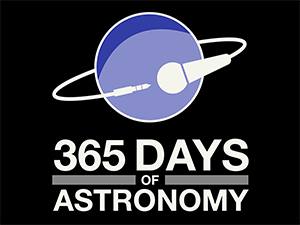
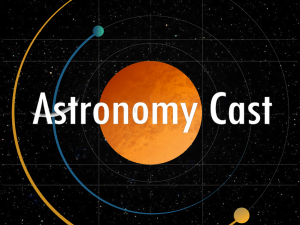

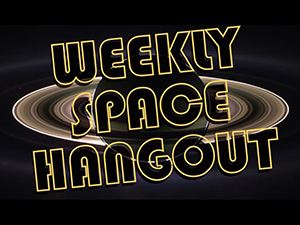 Join the Crew!
Join the Crew!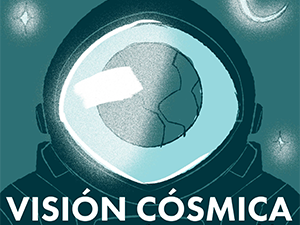
 Escape Velocity Space News
Escape Velocity Space News
0 Comments